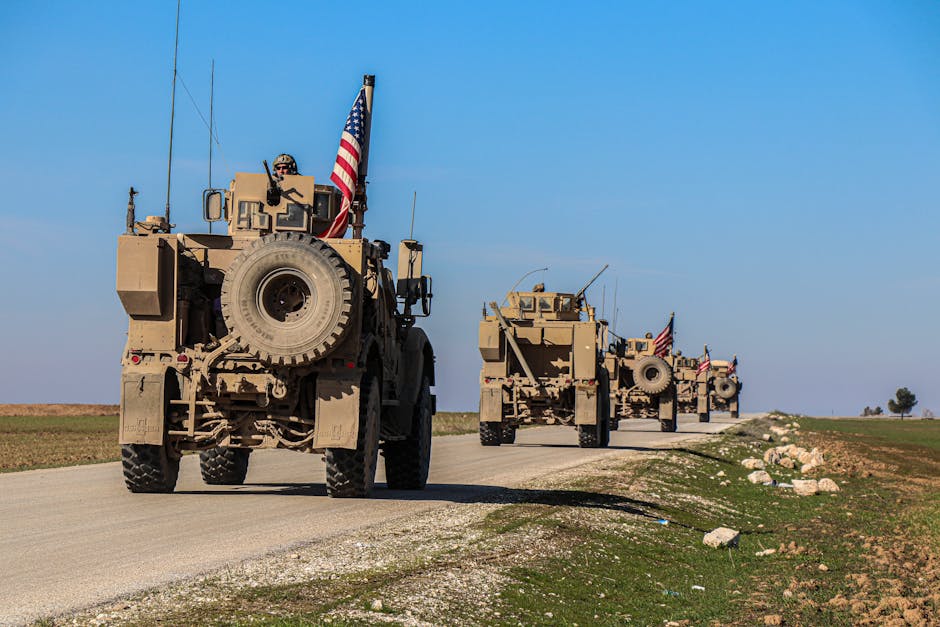Austin Tice: The Missing American Journalist in Syria
In August 2012, freelance journalist Austin Tice disappeared while covering Syria’s civil war. Over a decade later, his fate remains unknown, making his case one of the most high-profile disappearances of an American reporter abroad. His story raises critical questions about press freedom, international diplomacy, and the dangers faced by war correspondents.
Who Is Austin Tice?
Austin Tice, a former U.S. Marine captain turned journalist, was 31 when he vanished. Born in Houston, Texas, he served in Afghanistan before pursuing law at Georgetown University. However, he deferred his studies to report on Syria’s uprising for major outlets like The Washington Post and AFP, delivering powerful accounts of civilian suffering.
The Disappearance: What Happened to Austin Tice?
On August 13, 2012, Tice was last seen near Darayya, southwest of Damascus, after filing his final story. The next day, he was supposed to cross into Lebanon but never arrived. Weeks later, a video emerged showing him blindfolded and held at gunpoint by Arabic-speaking captors (likely Lebanese). No group has claimed responsibility, and no ransom demands followed.
Search Efforts: Is Austin Tice Still Alive?
U.S. officials, including multiple administrations, believe Tice is alive and held by Syrian government-linked forces. In 2020, Secretary of State Mike Pompeo stated Syria was detaining him, but Damascus denies involvement. His family has met with U.S. presidents, lawmakers, and global leaders, urging action. In 2022, President Biden called his release a “priority,” but progress stalls.
Why Hasn’t Austin Tice Been Freed?
Experts suggest Syria may use Tice as leverage in U.S.-Syria relations, complicated by Syria’s ties to Russia and Iran. Hostage diplomacy remains gridlocked, with no clear resolution despite backchannel talks.
The Risks for Journalists in Syria
Syria is among the deadliest countries for reporters, with dozens killed or missing since 2011. Tice’s case underscores the perils of conflict reporting and challenges in securing hostages’ release.
His Family’s Fight for Answers
Tice’s parents, Debra and Marc, remain hopeful, citing his military training as a sign of resilience. “We just need one person with authority to say, ‘Let him go,’” Debra Tice said.
Conclusion: A Call for Resolution
Austin Tice’s story symbolizes the unresolved tragedies of Syria’s war and the urgent need to protect journalists. As his family continues their fight, the world waits for answers—and his safe return home.
— NextMinuteNews




